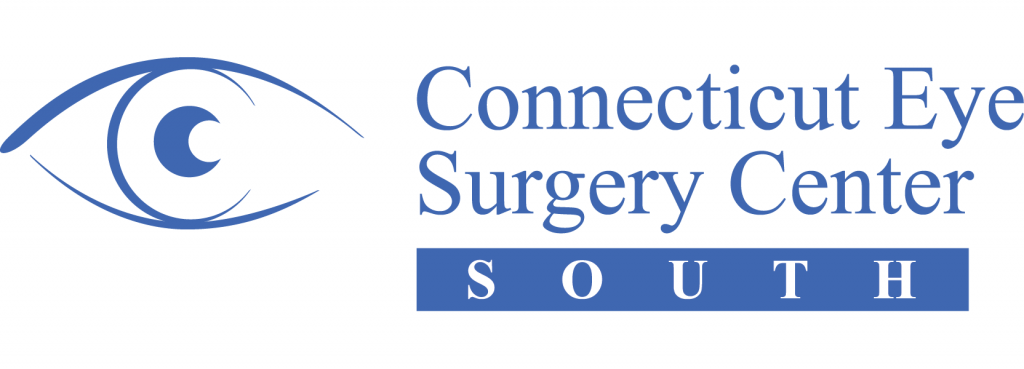5 Signs you Need Reading Glasses

Most people begin to notice presbyopia around the age of 40, although it varies from person to person (Source: AAO).
Treatment for presbyopia is reading glasses, or bifocals if you already wear eyeglasses. You may find yourself resistant to purchasing that first pair of reading glasses or bifocals, but you may be surprised how a new pair of frames can ease your daily tasks. If you are unsure whether you need reading glasses, here are five signs that you need to make an appointment with your eye doctor:
- You are squinting a lot more often. If you cannot see clearly, your natural reaction will be to squint. Although squinting temporarily improves focus and clarity, it puts excessive strain on the eye and can make vision worse. If you are squinting to read your smartphone, tablet, computer screen or your favorite book, it might be time to get reading glasses.
- You hold books differently. If you are developing presbyopia, you will create more distance between your eyes and the page. About 12 inches is a normal distance, but presbyopia will cause you to hold books more at arm’s length. If you are holding books at least 14 inches from your face, it’s probably time for reading glasses.
- You are getting headaches. One of the most common reasons for headaches is changes in vision. If you are having regular headaches, it could be due to eye fatigue from straining all day to see the computer.
- Your vision is blurry. As the eye changes, the lens loses elasticity and cannot focus light as efficiently. Your eyes may not change at the same rate, and this could result in double vision. Your eye doctor can help correct this issue.
- You are always turning lights on. A telltale sign of presbyopia is needing brighter light. If you need to turn on several lamps and lights in a room to feel like you are getting adequate light, it may be time for reading glasses.
There is no way to prevent presbyopia from developing because it is a natural part of aging. Make an appointment with your eye doctor for a comprehensive eye exam to have your vision evaluated. Your vision can change quickly, so even if it has been less than a year since your first exam, call the office if you are experiencing vision challenges.
